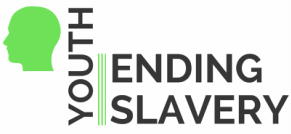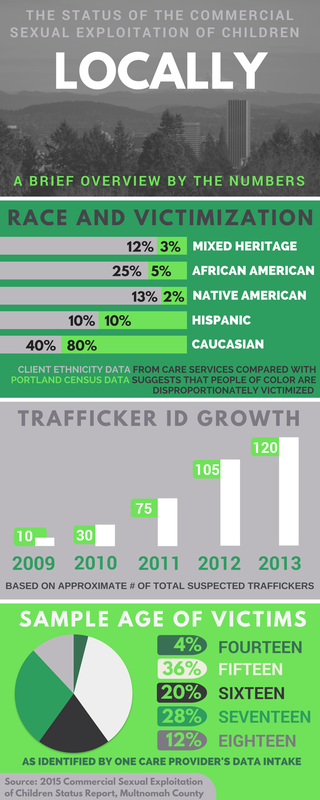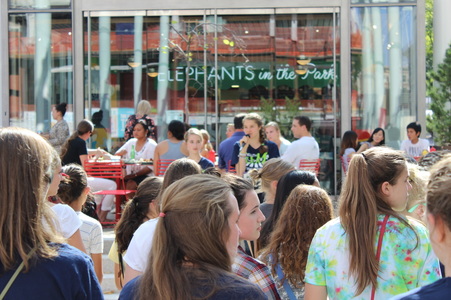Portland is more than just a beautiful city; it is a vibrant community made up of intelligent, passionate, and caring people. But only thinking of slavery in reference to history books or distant countries isn't just naive, it's dangerous. In order to truly abolish it, we must first recognize that it is present in our very own city.
Sex Trafficking in PortlandPortland, a hub for sex trafficking, is often cited as the city with the highest rate of juvenile sex trafficking in the country. This high rate of child sexual exploitation is due to several reasons:
|
Labor Trafficking in Portland
Although sex trafficking often carries more weight in Portland and gains more attention by local news media, the crime of labor exploitation should not be overlooked. In Portland and the surrounding areas, countless individuals are not treated adequately as laborers. Often found in migrant communities, this labor exploitation can come in the form of unfair wages or inadequate working hours. While data and news media has yet to surface locally, labor exploitation has been and will continue to be a problem as long as citizens and legislators overlook it.
Solutions in Portland
|
Unfortunately, labor and sex trafficking both exist in Portland, but there are countless initiatives in place to curb these injustices. Currently, there are several services the city provides for victims. For example, Janus Youth Programs provides shelter beds for trafficked youth in partnership with the Sexual Assault Resource Center. The international and local organization, Compassion First, offers care for victims of sex trafficking. In conjunction with law enforcement's role in the solution, police are now able to seize items such as cars, cell phones, cash, and computers from suspected traffickers and johns. The Portland Police has expanded its law enforcement efforts in combating human trafficking; the human trafficking unit has four officers and six detectives on staff.
|
In order to lessen the labor exploitation, especially in migrant communities, the Human Trafficking Task Force that operates under the Portland Human Rights Commission holds legal clinics for at-risk communities. By offering free legal services, educating vulnerable populations about their rights as workers, and increasing awareness, these legal clinics help empower those affected by forms of human trafficking that may otherwise go unnoticed.
While Portland has made significant progress in addressing human trafficking, there is plenty of room for improvement. Society needs to view prostitutes as the victims, rather than the perpetrators. Only then can we truly face this issue as a community. Only then can the current situation become a thing of the past.
While Portland has made significant progress in addressing human trafficking, there is plenty of room for improvement. Society needs to view prostitutes as the victims, rather than the perpetrators. Only then can we truly face this issue as a community. Only then can the current situation become a thing of the past.




